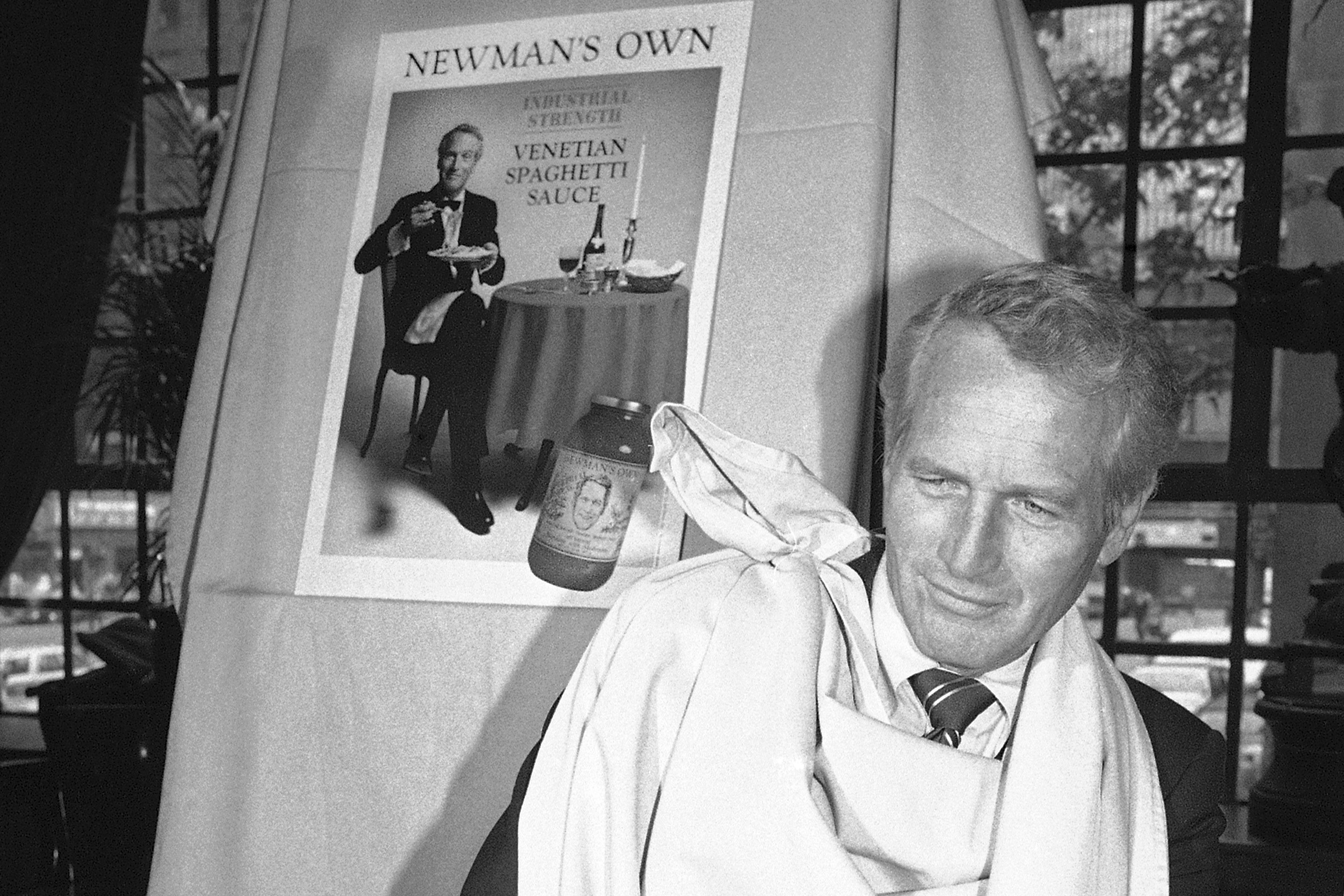Paul Newman’s memoir shows that it’s easier spilling the beans from beyond the grave
Dishing the dirt on your contemporaries (and yourself) is a lot safer when you know you won’t be around to face the consequences, writes Charlotte Cripps


We’ve just had Madly, Deeply: The Alan Rickman Dairies published nearly seven years after his death in 2016. Now Paul Newman’s posthumous memoir, The Extraordinary Life of an Ordinary Man, is being published next week on 27 October, 14 years after his death in 2008.
In the memoir, Newman talks candidly about his traumatic upbringing, his lack of success with women, his films and his love story with Joanne Woodward. The book contains reflections from his family and friends, as well as stars and directors, including Tom Cruise and Elia Kazan.
Celebrity memoirs make the best news stories as they are always meaty and come straight from the horse’s mouth. We skim-read them to find the best lines and the most telling revelations.
Whether that’s Rickman not holding back recounting his decade working on the Harry Potter films and his verdict on Daniel Radcliffe (“I still don’t think he’s really an actor but he will undoubtedly direct/produce”), or Newman admitting James Dean could have overshadowed him had it not been for that 1955 crash, we’re always spoilt for choice.
This isn’t the first memoir published posthumously. Playwright David Storey’s A Stinging Delight in 2021 was published four years after his death, and detailed not only his career but his lifelong struggles with anxiety and depression. Agatha Christie’s An Autobiography was published almost two years after her death in 1976. The Diary of Anne Frank – published in 1948, three years after her death in 1945 – documented her time hiding with her family for two years during the Nazi occupation.
Ernest Hemingway’s 1964 memoir A Moveable Feast – published three years after his suicide in 1961 – mentions notable figures of the era such as James Joyce, Zelda Fitzgerald, Ezra Pound and Aleister Crowley. The Autobiography of Malcolm X – a collaboration between the civil and human rights activist and journalist Alex Haley – was based on interviews conducted between 1963 and Malcolm X’s 1965 assassination.
Memoirs are published after a person’s death for all sorts of reasons. In Newman’s case, his family found the long-forgotten memoir in a basement, but for anybody spilling the beans, like Newman and Rickman, I can’t but help but think that perhaps it’s always safer from beyond the grave. At least there’s no comeback.
Yours,
Charlotte Cripps
Senior culture writer



Join our commenting forum
Join thought-provoking conversations, follow other Independent readers and see their replies
Comments